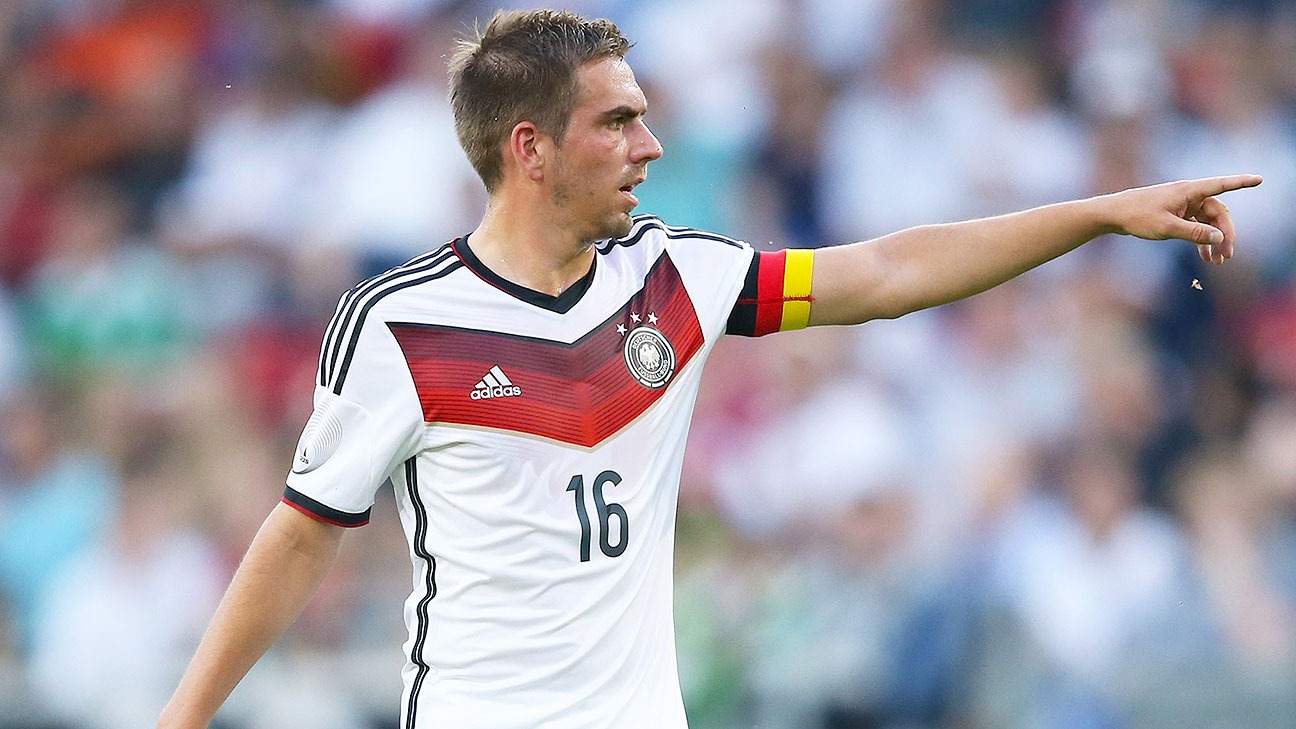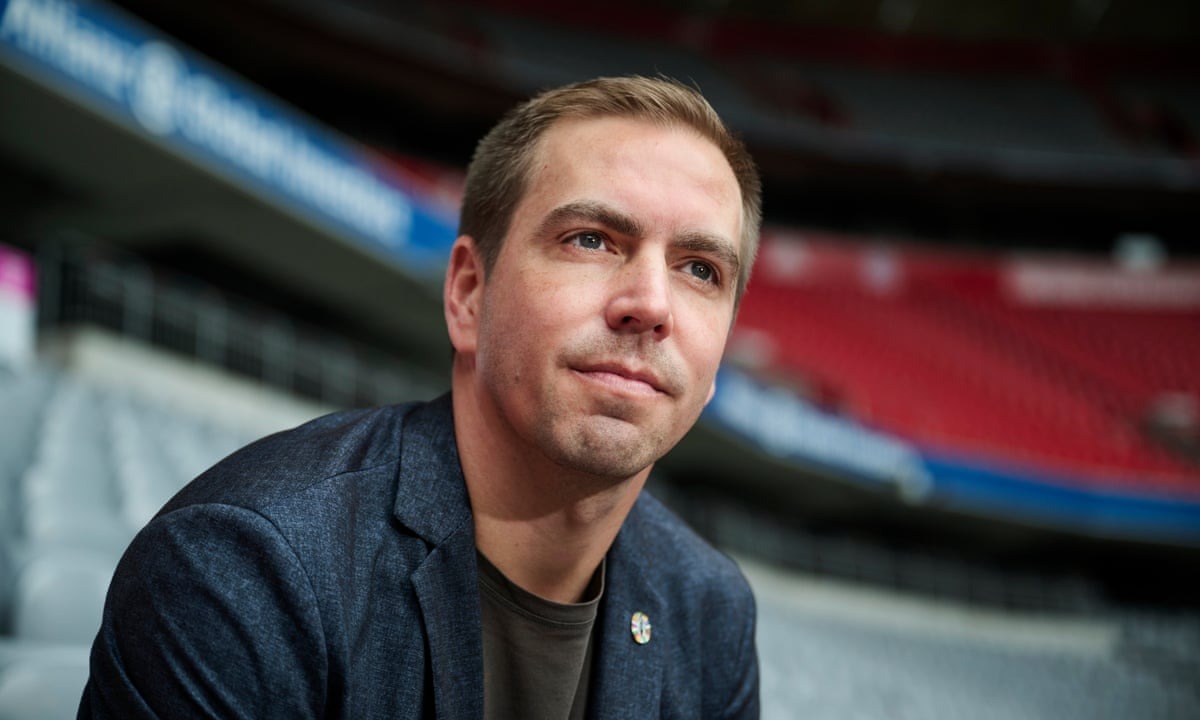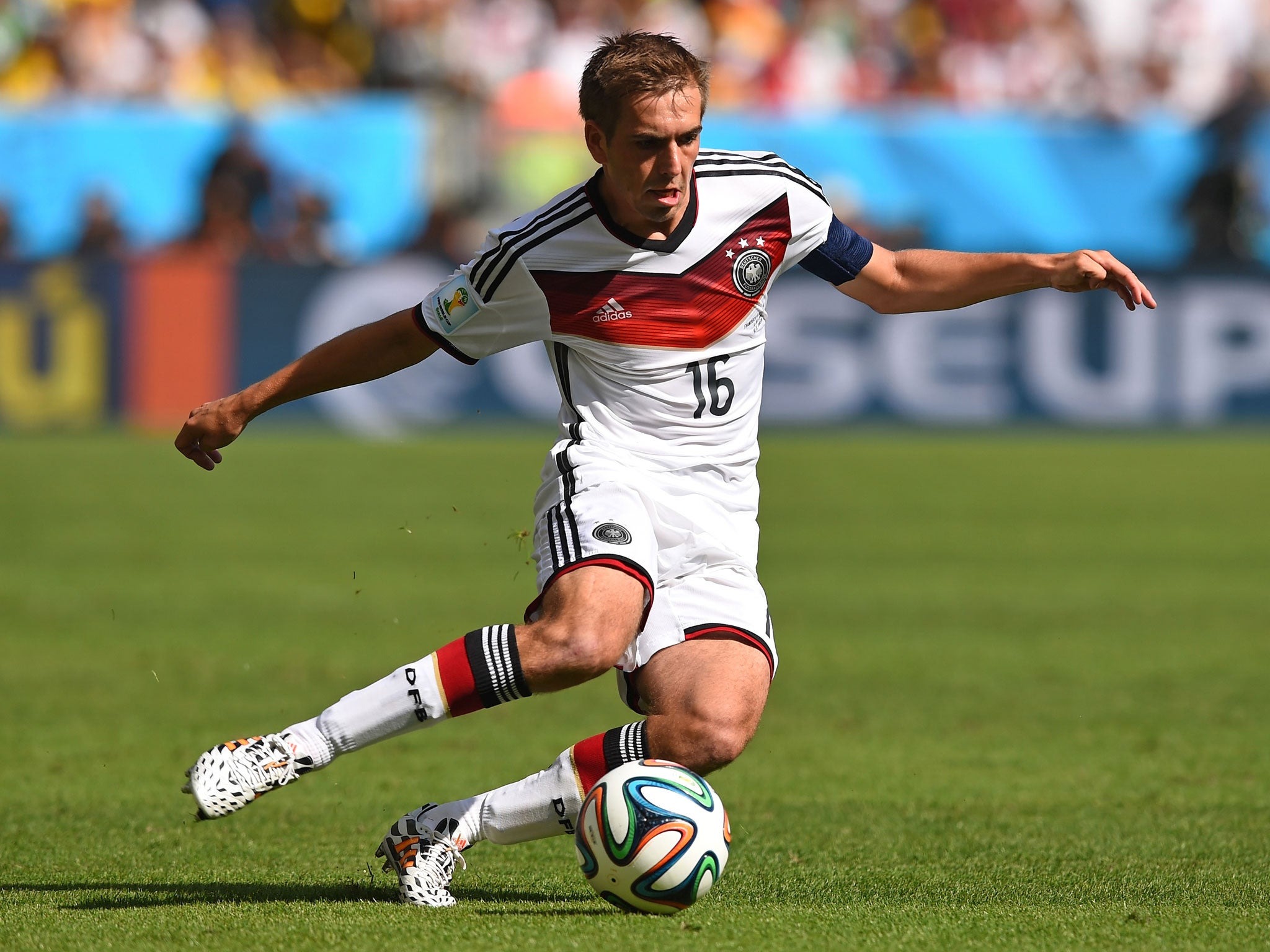Philipp Lahm looks over the square that he has called home for a decade and a half, letting the memories overflow. It was June and the first day of a long, hot and transformative summer that brought the world to a modern and outward-looking Germany. He was worried about not found the opening match of the World Cup at the Allianz area, of all things, after elbow surgery, and it was a feeling of quiet joy to have been brought into shape. So the joy was limitless, because six minutes after kick-off, he grabbed two Costa Rican defenders and scored a sensational goal that set the competition on the right track.

“The referee had to test my brace in the locker room just before the game,” he recalls. “When he said, “Yeah, no problem, you can play,” it was for the best. I was born about five kilometers from here, all my family was at the stadium and also a lot of friends. I haven’t scored many goals, so the goal was a very special moment for me. I gave up all my joy and I didn’t know what to do with my feelings.”
At the age of 22, Lahm could never have guessed that he would be in power of organizing another one 17 years after kicking off one of football’s poster children. He is the tournament director for Euro, which Germany will host next summer, and the fruits of his work will crystallize after Saturday’s draw at the Elbphilharmonie in Hamburg.

Lahm’s life once involved crossing the continent with Bayern Munich and a conquering national team; he can now learn more about the advantages and disadvantages of site visits, site checks, infrastructure discussions and adjustments with sponsors.
He also knows how a football tournament can change the perspective forever. In, after reunification, Germany was still finding its way and dealing with the stigma of the Second World War. “These are special weeks,” Lahm says. “As a company, we have grown together again, we have become more connected and we have been able to introduce ourselves to the world. We could show people who we are. We have a history in Germany that is not very positive, but everyone has met us in a new way.”

Lame is told the story of a fan in the crowd, again in this place who could not hold back his tears as the national anthem sounded before Germany’s victory over Sweden in the last round of 16. It was hardly an isolated scene. “After the first game, people dared to wave the national flag and sing the Anthem again,” he says. “Before, it was not normal, but that has changed with football and its values. It can make a great event, and we have a great opportunity next year to create a community across Europe again in the same way.”

